Motivation


How to Find the Right Personal Trainer for Competitive Lifting
Useful articles
The best weightlifters in the world have trainers, and yet as an organization and a sport, coaching has been surprisingly absent throughout weightlifting. For a long time, coaches have been hobbyists and enthusiasts, or perhaps former competitors, giving their advice to those who come to find them, without thought of payment or structure or official relationships. It was all very casual, but that doesn’t lend itself well to high-end coaching.
Hiring a coach for your weightlifting journey, especially if you want to be a competitive lifter, is essential. They can help you with so much, from planning a routine to monitoring your form to pushing you to reach that goal you’re struggling with. Coaches are a part personal trainer, part motivator, and part support network, all with one goal in mind: making you the best lifter you can be.
The only question is, how do you find the right trainer for you? You need to find someone who can work well with you, who can push you to reach your goals and set new ones, and who knows what they’re doing. That’s not always easy, especially in a sport where there’s as little organization as there is in lifting.
We’ve put together this list of tips to help you find and evaluate a coach for you. Hopefully, you can use it to find someone to work with who helps you achieve your goals.
Step 1: Assess Yourself
The first thing you need to do is evaluate yourself and your goals. Where are you, where do you want to be, and how do you want to get there?
For the purposes of this article, we’re assuming you want to be a competitive weightlifter. That’s an admirable goal, and it takes a lot of work to attain. Keep in mind, though, that a lot of the advice in this post will work equally well with other goals. If you want to be a competitor in strongman competitions, or if you want to train for a specific event, or if you just want to be generally more fit, there are coaches out there who can work with you to reach those goals. You just need to know your goals, have a realistic grasp of how to attain them, and find people who can help you bridge the gap.
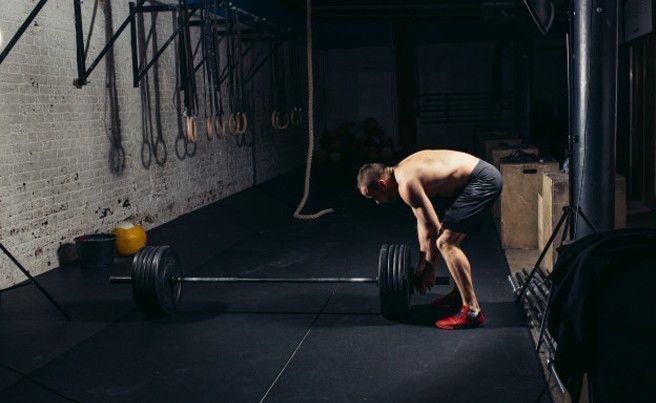
You also need to figure out where you currently sit in your fitness. A lot of coaches are experienced in working with fit and ambitious people, so if you’re a beginner, you won’t fit in well with their training. They know how to get someone from 75% to 100%, but they’ll have a harder time bringing someone from 0% to 75%. You’re better off starting with a personal trainer, to get the foundation, the basics, and the habits built up before you start looking for a competition coach.
If you’re already fit and you already lift, finding a coach to kick you to the next level is about the best choice you can make, particularly when you want to compete.
Even within this lineup, you need to decide on specific goals. You want to compete, sure, but is that all you want? Do you want to compete and place well in local events, or do you want to be a world-class athlete? Do you have the drive and ambition to strive to be number one? You’ll need to find a coach who can get you there.
Step 2: Scout Potential Trainers
The second step is to start to evaluate potential coaches. Almost no matter where you live in the world, there will be a coach nearby. There may be many coaches, or you may be limited in your selection. If you’re willing to travel, you can broaden your selection. If you’re willing and able to set up a remote relationship with a coach online, you’re in an even better position, particularly as physical sports have to contend with the isolation of the pandemic.
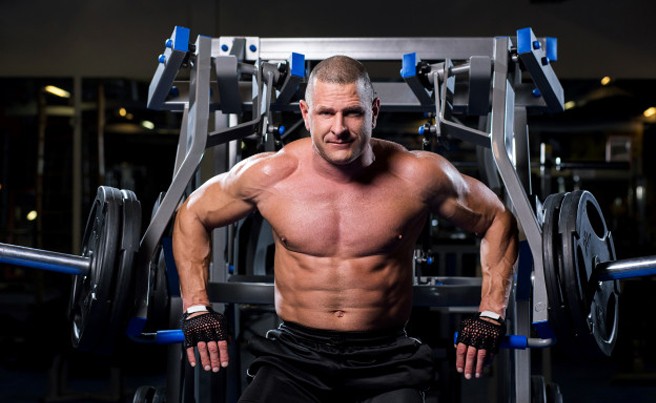
At this point, you want to do the most basic scouting and evaluation of possible coaches. Build up a spreadsheet. Write down the name, location, and organization of each coach you find. If it matters to you, write down things like their advertised style, their focuses, and their price point. You are building a list, and the next step is how you prune it down. For now, write down every relevant detail you can.
The only reason you would find a coach and not write them down on this list is if you have a reason that they won’t work for you. For example, a coach who only works with women won’t do well if you’re a guy, so they shouldn’t be added to your list. Maybe they’d make an exception, but probably not if that’s what they built their reputation around.
While you’re putting together this list, give each coach an initial impression. Do they strike you as someone you definitely would want to work with, or someone who might be sketchy, or someone who would be great but might not work with you? Rank your coaches in rough order of who you would most like to work with at the top, and go from there.
Step 3: Evaluate Each Trainer
Once you have your list, it’s time to start evaluating them. You want to look into a lot of different features and factors of each coach, and move them up or down your list – or off the list entirely – depending on what you find. So what should you look for?
Whether or not they’re accepting new students. Some coaches are in high demand, and you may not be able to actually work with them. They might have a long waiting list, or they might personally vet their prospective students. These may be very good coaches, and they can remain at the top of your list, but you shouldn’t bank on them if you aren’t able to get on the list. It’s worth a try, but not worth pinning all of your hopes on them.
Whether or not the trainer has competed themselves, and if they have won. Often times, some of the best coaches out there are the ones who were competitors in their heyday, but have aged out of the high end of the competition, or chose to move on to raising the next generation of competitors. Some of them are, of course, the cynical sell-outs who are in it just to sell pre-packaged, non-tailored sets of routines, but others are in it for the passion and work directly with students to push them to win their competitions.
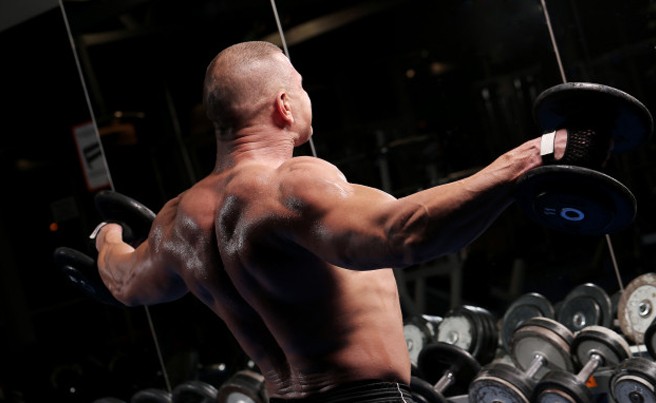
Check into the history of the coach and see if they have competed themselves, and where they ranked when they did. A coach who hasn’t competed or hasn’t won before isn’t necessarily a bad coach, but it might mean they don’t have the same visceral, personal experience another coach might bring to the table.
Whether or not the trainer works with you directly. One unfortunate circumstance you might find with some coaches, particularly some of those who are more popular or who have good reputations from their days as a competitor, is that they don’t actually work with you directly. Instead, some of these coaches have hired assistant coaches to do most of the work. The coach themselves only comes in for the occasional spot session, motivational speeches, and to shake hands with new recruits.
In these cases, does it really matter what reputation or skills a coach has if they aren’t the one that you’re working with? Now, it’s entirely possible that the coach trained the assistant coaches in their style, and the organization has a great reputation for training high-quality competitors. It just means you need to dig deeper to figure out if that’s true, and if it’s a gym you want to work with, or if not working with that specific coach is a deal-breaker.
Whether or not the trainer has worked with a high-level athlete. Who has the coach trained in the past, and have they won awards, won competitions or been lauded in their own rights? A coach who used to be a world-class competitor is fine, but if they haven’t successfully trained anyone to reach the same heights, what are the chances that they’re going to train you to those heights? It’s possible that they just haven’t had the right candidates yet, but it’s also possible that they’re not very good at teaching and training, and rely on their reputation to bring students to them more than their success.
What sort of reviews for the trainer can be found online? As with any product or service you’re thinking about buying – and doubly so for any that can be as life-changing as a coach for a sport you’re looking to compete in – you want to look up public reviews. What do people have to say about this coach online?

Obviously, reviews can be cherry-picked or faked, depending on the venue. It’s generally worth reading both positive and negative reviews and forming your own opinion about them. Be sure to read into the context; a negative review ranting about how bad the coach is might just be a personality conflict, while a positive review praising them could be astroturfed. Be skeptical, but get an aggregate idea of what people are saying.
What official credentials does the trainer have? Weightlifting doesn’t really have an overarching certification or any sort of higher education or degree a coach can earn. There are some certifications, like the Team USA certification levels, and those can be worthwhile for some coaches, but they aren’t required for a coach to be good.
There are plenty of great coaches out there with no formal certification and plenty of coaches with certification who are mediocre at best. Credentials can tell you a lot, though, especially if they’re from an organization you’ve never heard of, or if they’re specialized in something other than the form of lifting you want to train in.
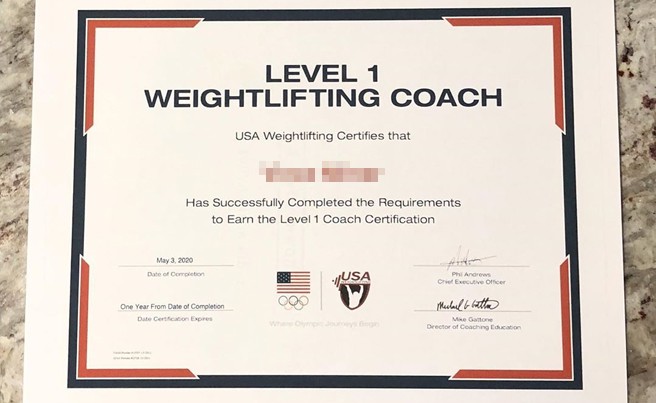
What does the trainer’s current and former students have to say about them? If you can contact any of the students who have worked with the coach, either currently or in the past, you can get their opinion on the coach. Look for both some current students and some former students.
When talking to former students, ask them why they moved away from the coach. Some of them will have moved to a new phase of their career, or even moved geographically such that they can’t keep up the relationship. Others find that it wasn’t a good fit or that they had a falling out, and may have less flattering things to say. As always, take it with a grain of salt, but take it.
How does it cost to work with the trainer? In all things in life, you get what you pay for. In weight training, you only get the results of the effort you put in. In coaching, you only get the level of training you can afford. Going with a cheap coach likely means going with sub-par advice or hands-off training. Sure, some coaches are over-charging for what they offer, but it’s generally going to be worse if you go for one that’s too cheap versus one that’s too expensive.
Step 4: Pick a Trainer and Work
Once you’ve evaluated your list of coaches, start at the top with the ones you really want to work with and apply. If you get into a class or gym or 1 on 1 training regimen with your top choice, great! If not, go to the next one on the list and work your way down until you find one you can work with.
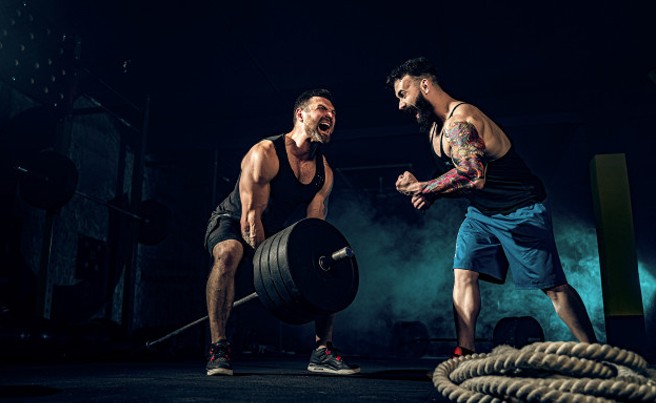
From there, just work with them the way you can. Train hard, train actively, and listen to the coach. Determine if they have a personality you can’t mesh with, or they aren’t training the way you need, or they aren’t prepping you for your goals.
If you see too many red flags, remember; there are other coaches on your list, you can always try again. If your current coach isn’t working out, there’s no shame in leaving and trying another one until you find one who can work with you.
Thank! Your message has been sent successfully.


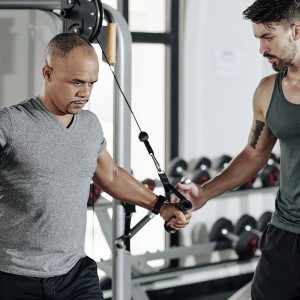
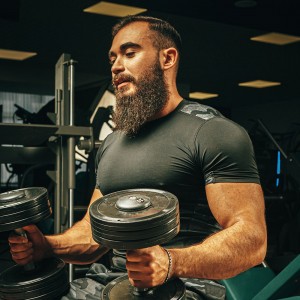
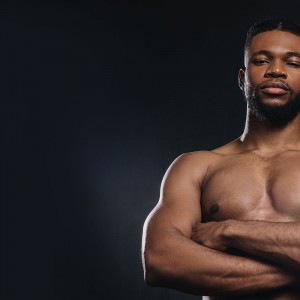

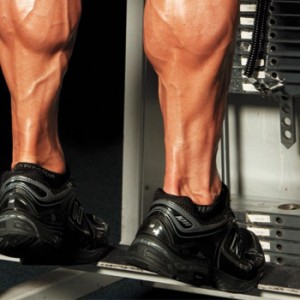

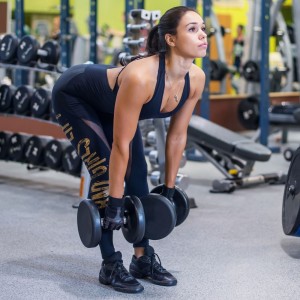

Questions and answers 0